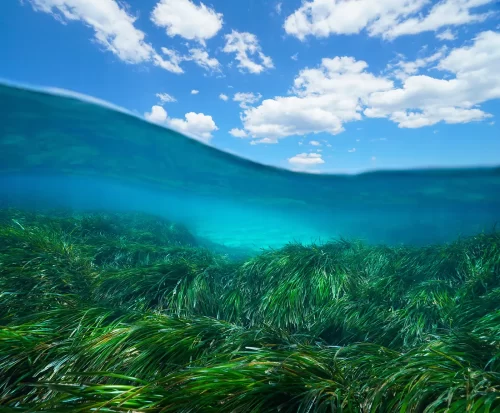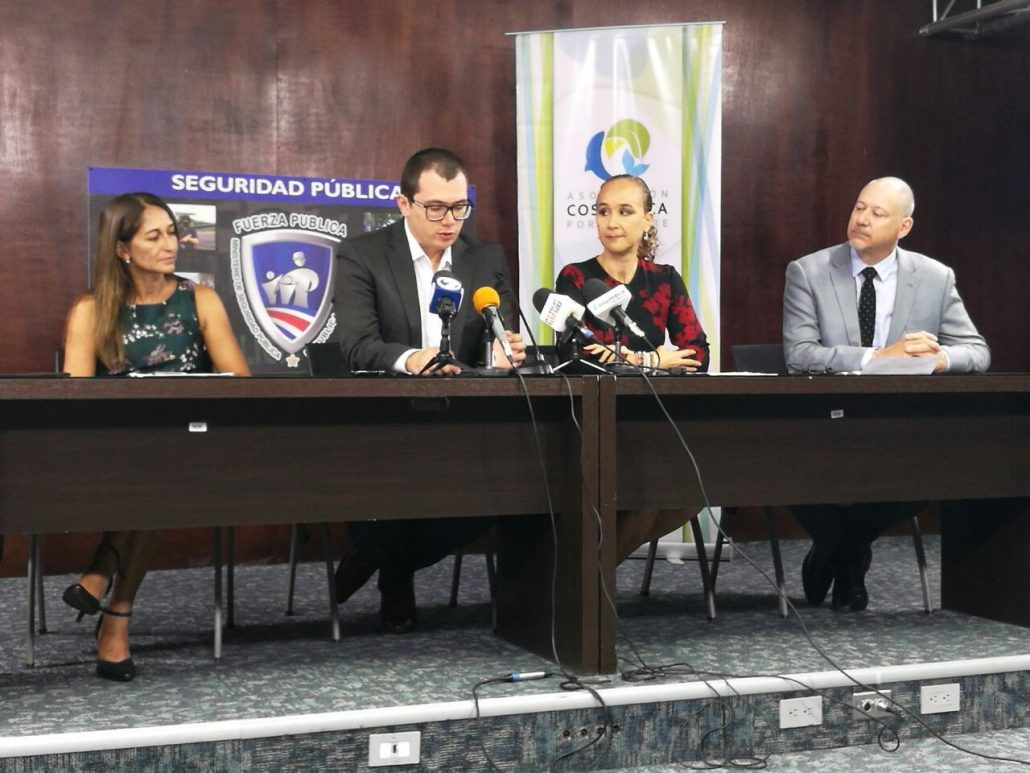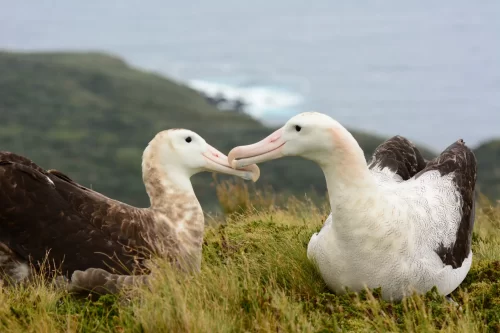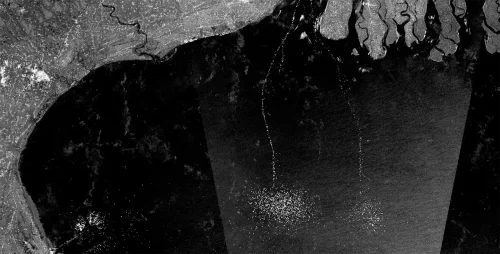
The Issue
Costa Rica’s national waters cover close to 232,00 square miles (600,000 square kilometers)—a territory 10 times larger than its land area. The fishing sector holds social and economic importance in Costa Rica, especially for coastal communities that rely on fish for both their livelihoods and as a primary source of protein. But further out to sea, past artisanal fishing grounds, the rich pelagic fisheries in Costa Rican waters are mainly targeted by foreign vessels that are licensed to operate in the country’s waters. These vessels are obliged to share their movements via a vessel monitoring system (VMS).
Costa Rica is recognized as a global environmental leader, but to date its efforts have mostly been focused on land. Managing fishing within its waters is crucial to protecting the country’s marine resources and biodiversity, and achieving the target of protecting 30 percent of its seas by 2030.

Our Work
In 2020, the Costa Rican Fisheries and Aquaculture Institute signed a memorandum of understanding with Global Fishing Watch, agreeing to share its VMS data on our public fishing map. In 2022, its vessel tracking data was integrated, lighting up the movements and activity of all the commercial fishing vessels operating within the country’s waters, including nearly 100 industrial longline and purse seine vessels.
Over the last few years, we have worked with Costa Rican authorities to analyze the data being fed into our map and help identify suspicious vessels—those that may not be complying with fisheries regulations or may be involved in illegal, unregulated and unreported fishing. Our analysts have worked alongside the local authorities to track specific suspicious vessels’ activity, especially around protected areas like Cocos Island.
In 2021, at the 34th Session of the Committee on Fisheries, Costa Rica spoke in support of fisheries transparency, offering to support other States in adopting their own transparency initiatives and emphasizing the need for more regional cooperation.
Costa Rica continues to prioritize the conservation of its marine biodiversity and the proper management of ocean resources—we look forward to bolstering these efforts through our open data, technology and capacity development initiative.
“Working together allows us to promote the sustainable use of our marine resources and benefit the fishing sector by strengthening control and surveillance measures and providing a guarantee in international markets that our fish comes from sustainable sources. As a country, we are convinced of the importance of joining efforts against illegal, unreported and unregulated fishing in our maritime territories, both in the Pacific and the Caribbean.”
Daniel Carrasco Sánchez,Former Executive President, Costa Rican Institute for Fisheries and Aquaculture (INCOPESCA)

